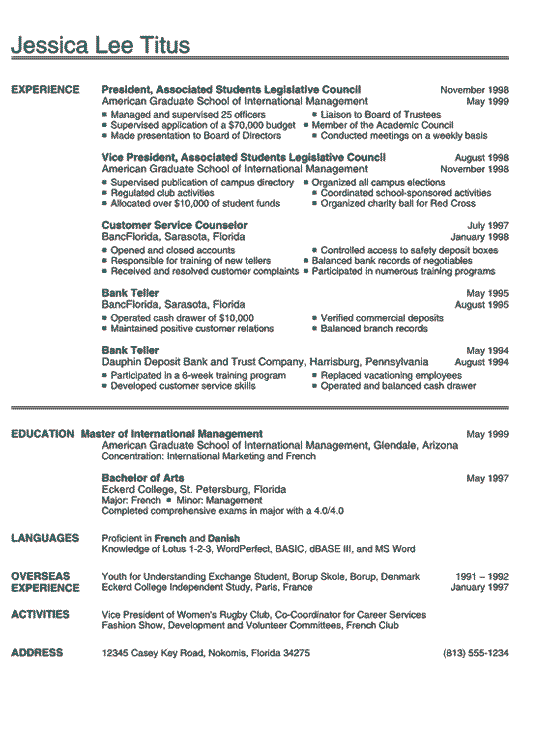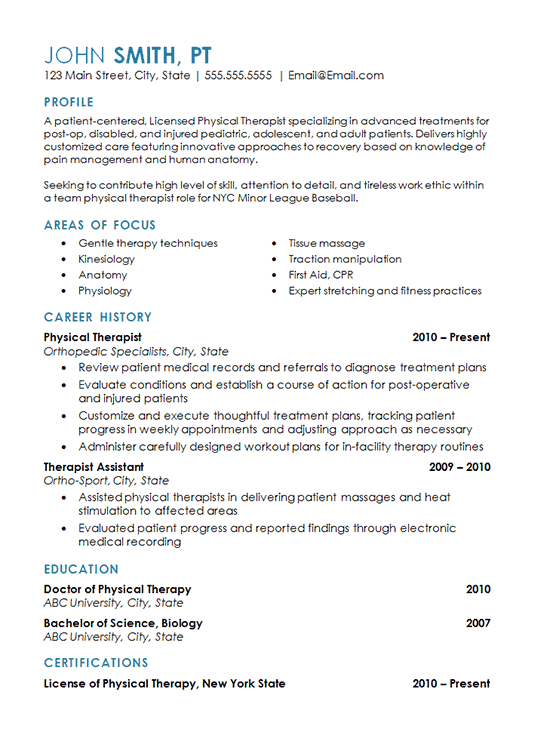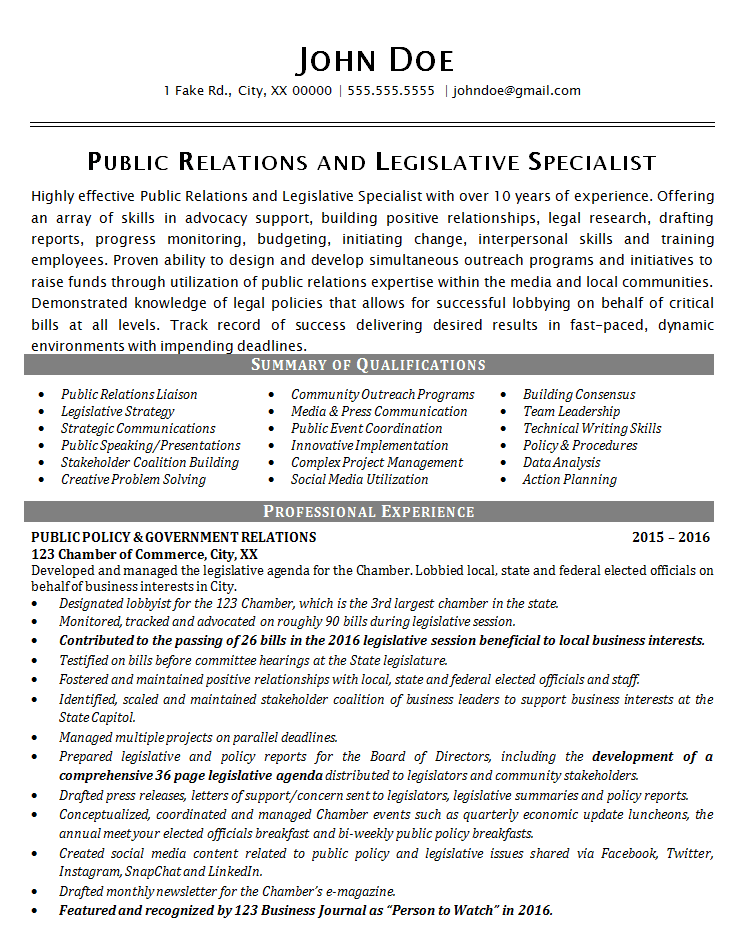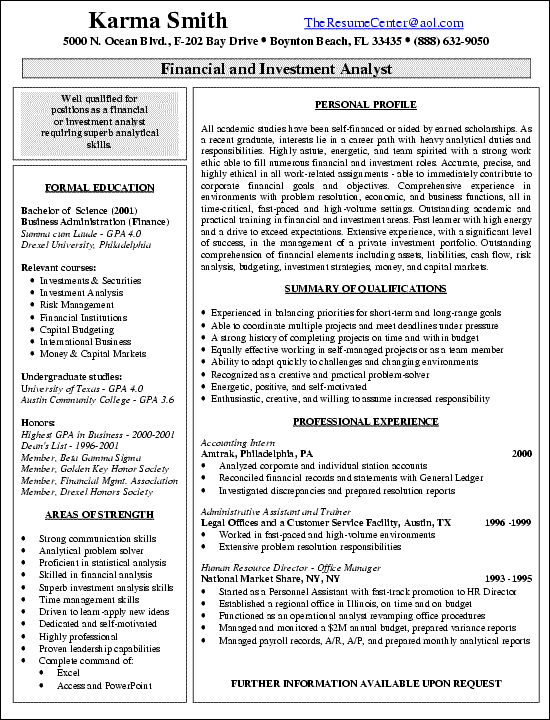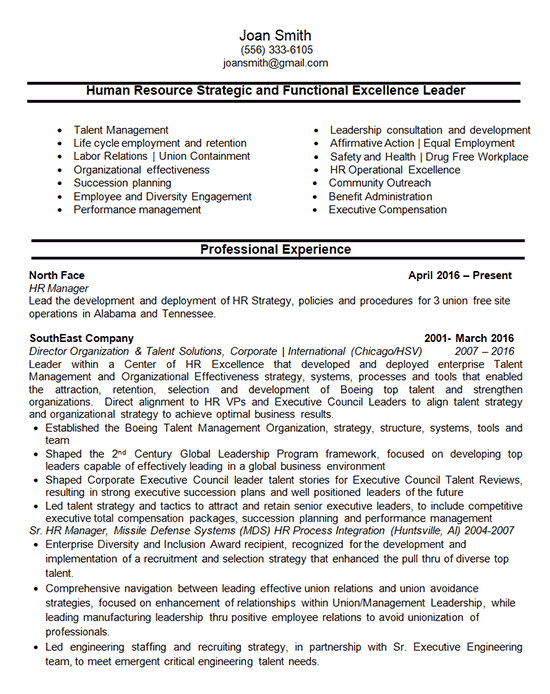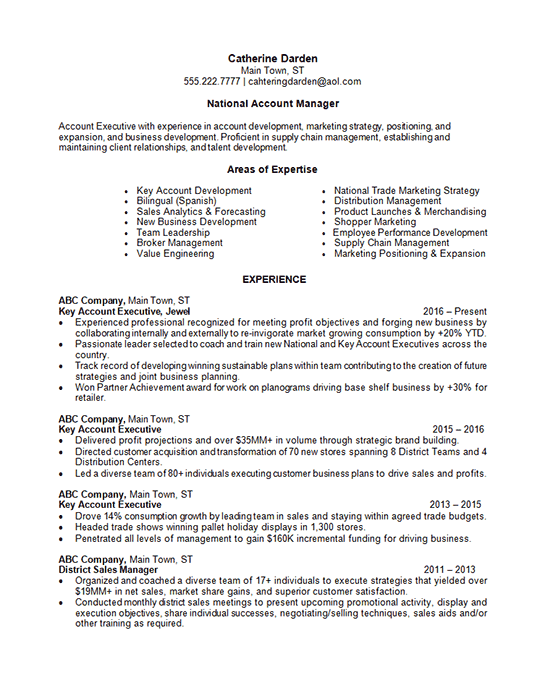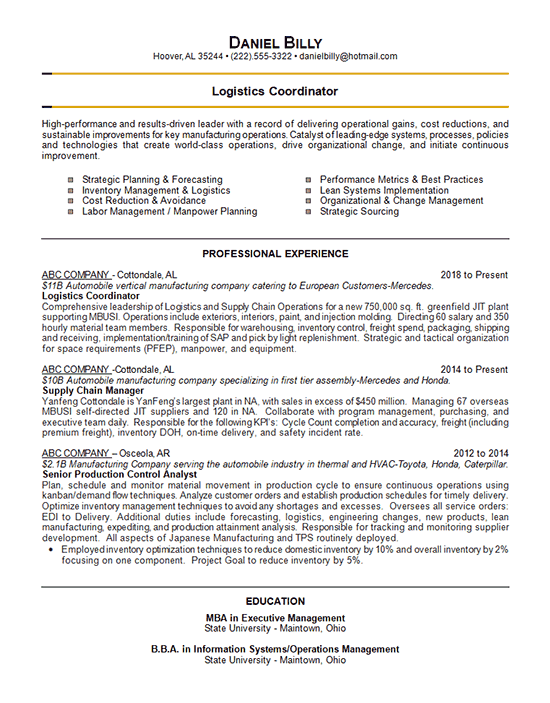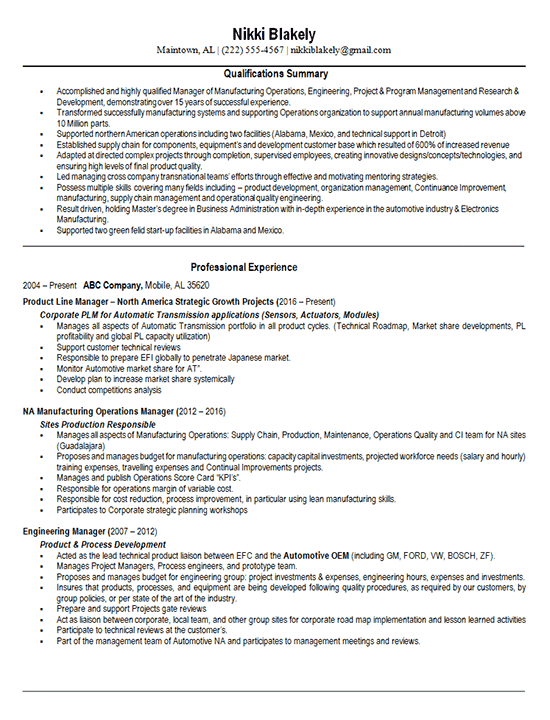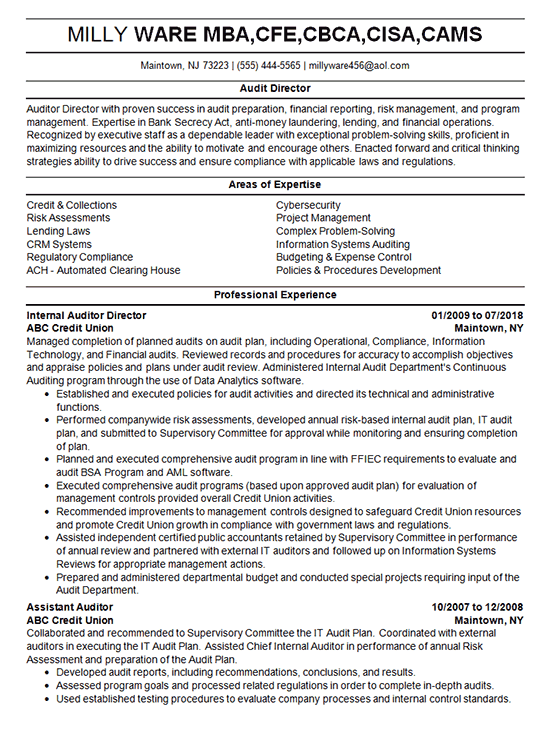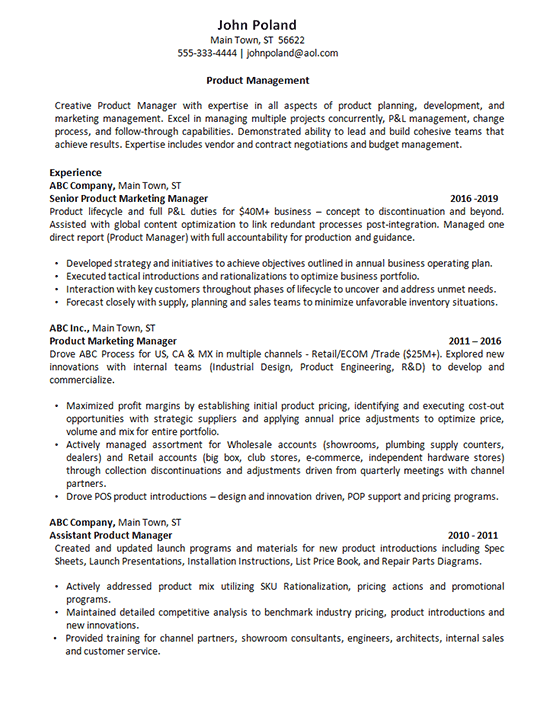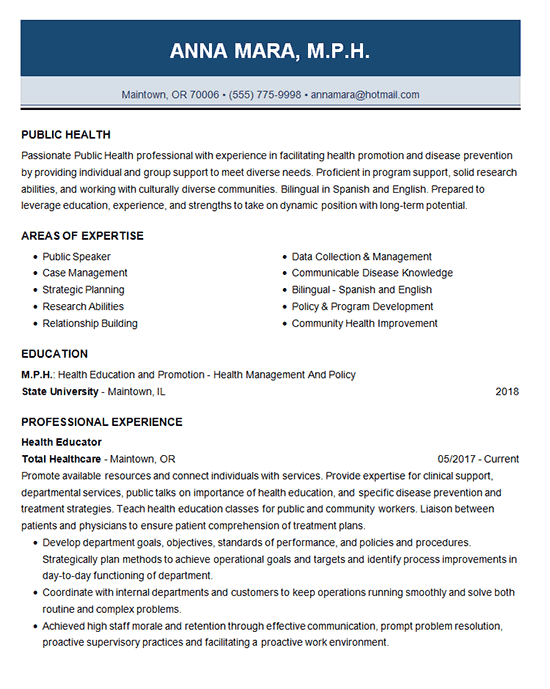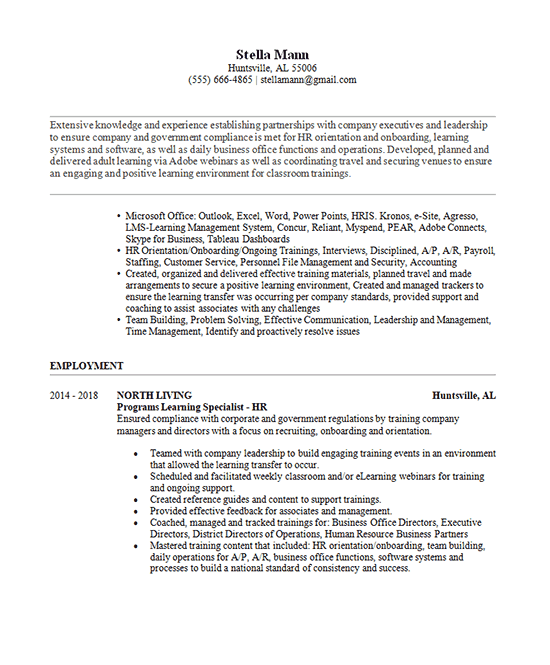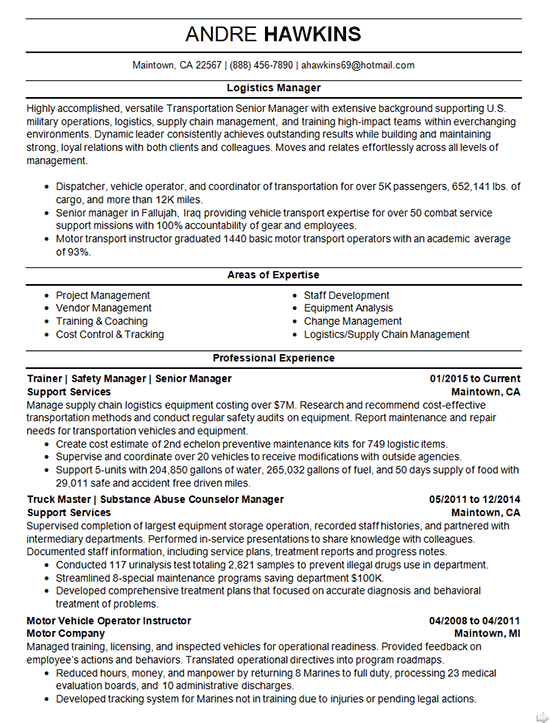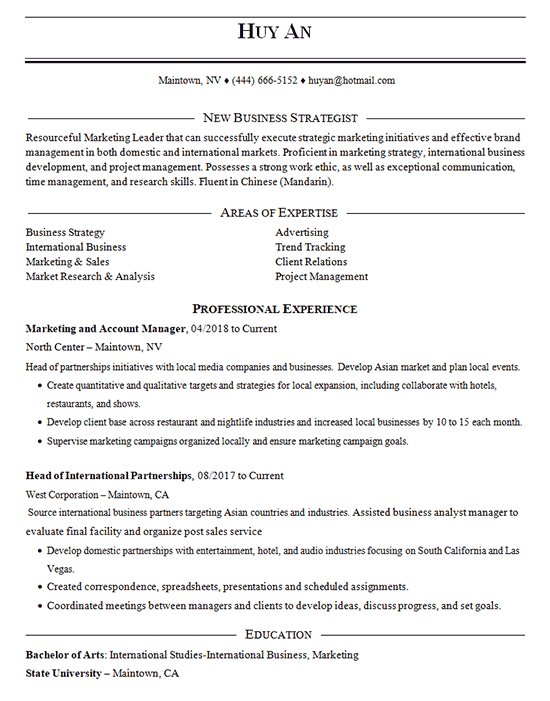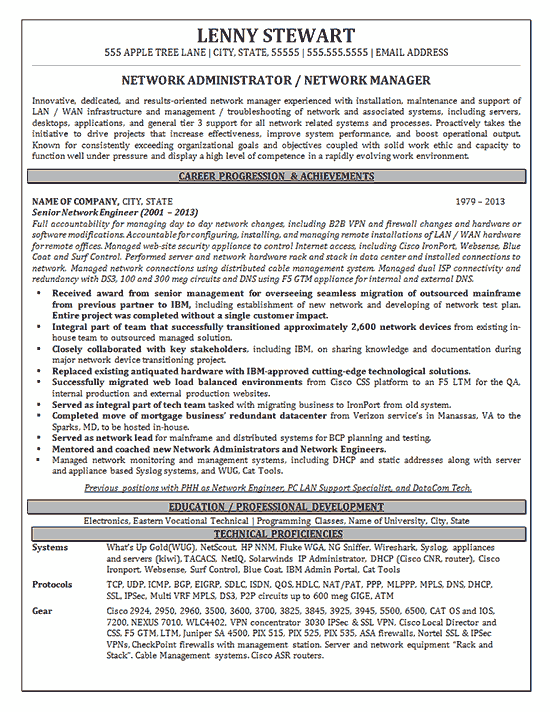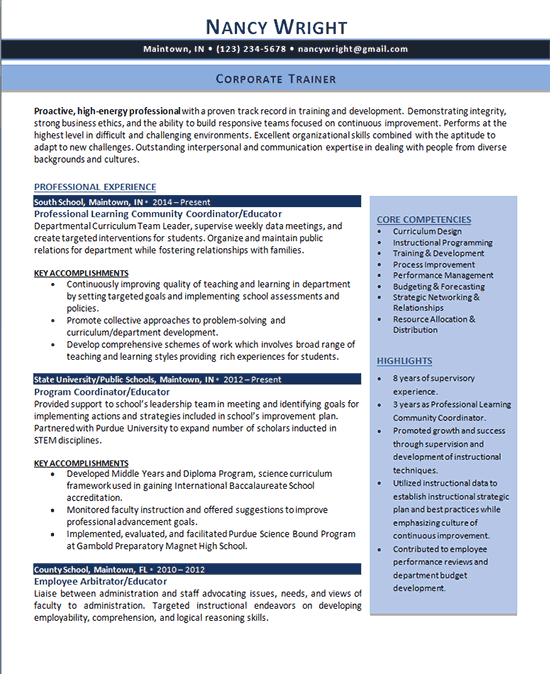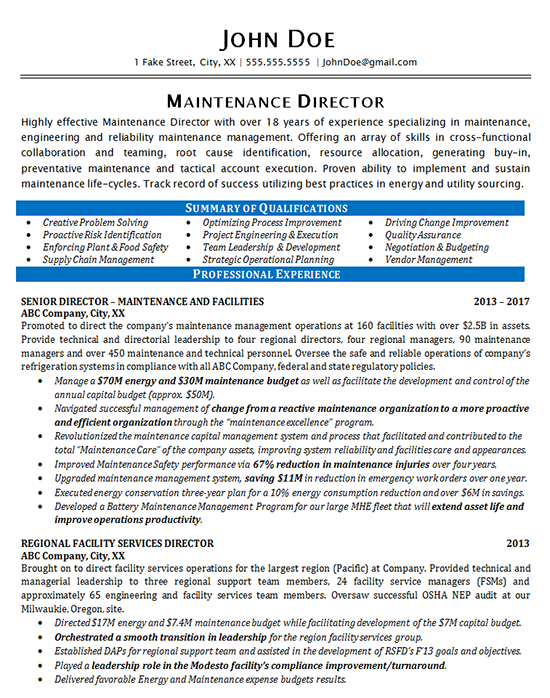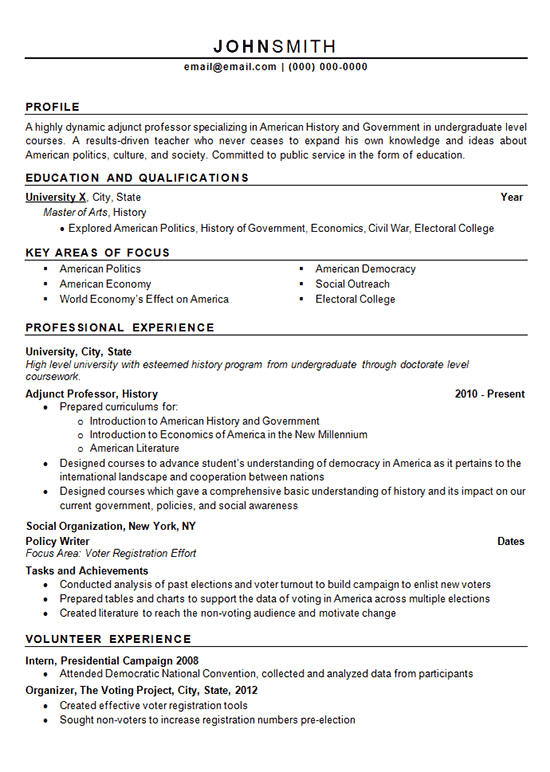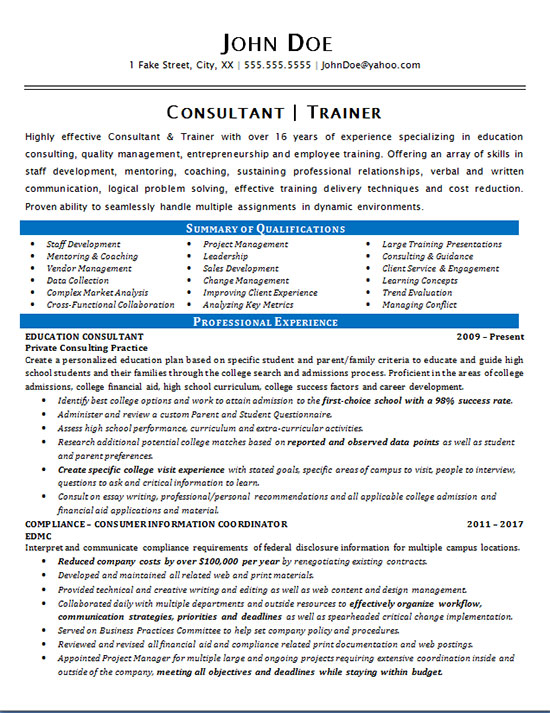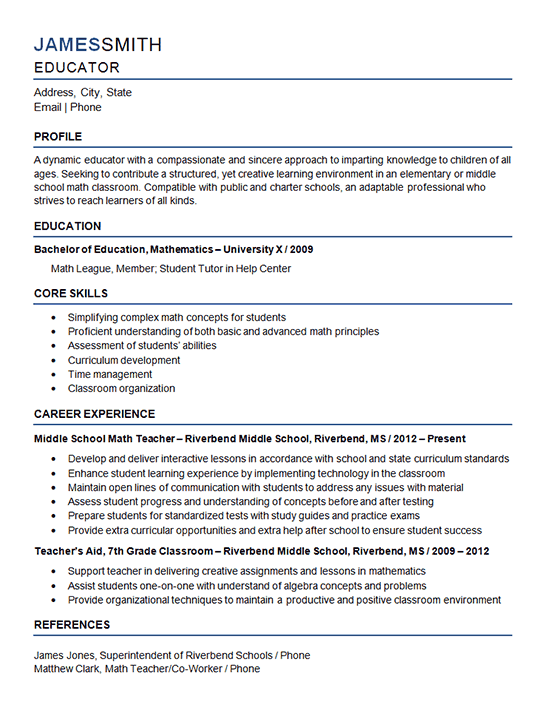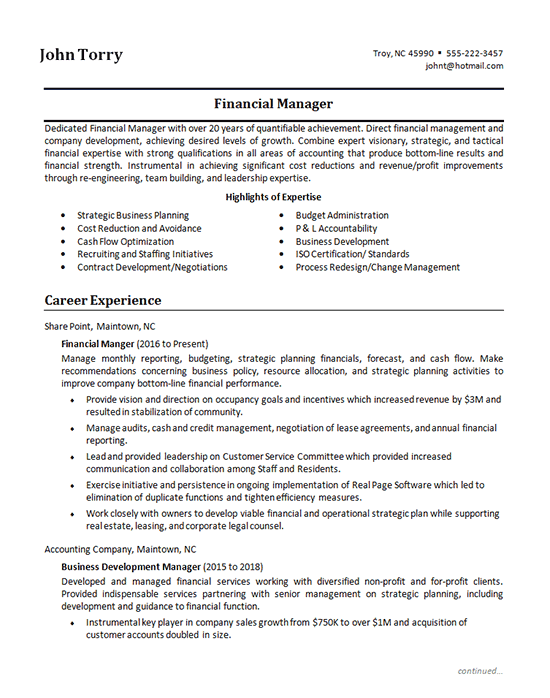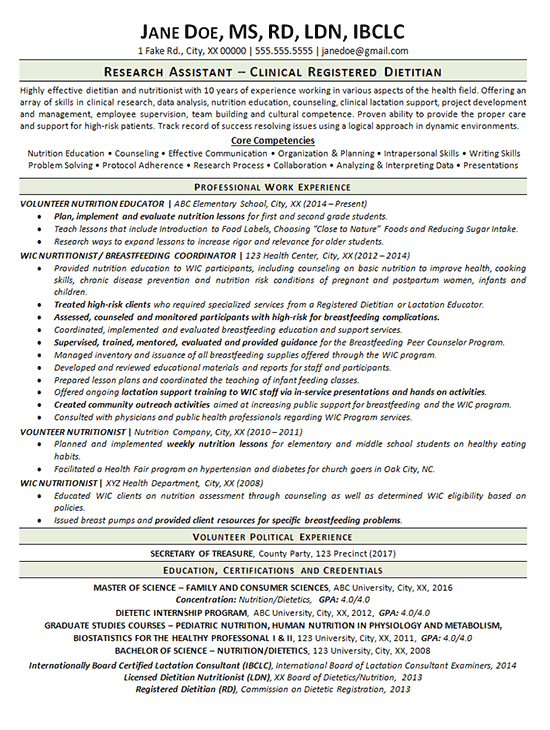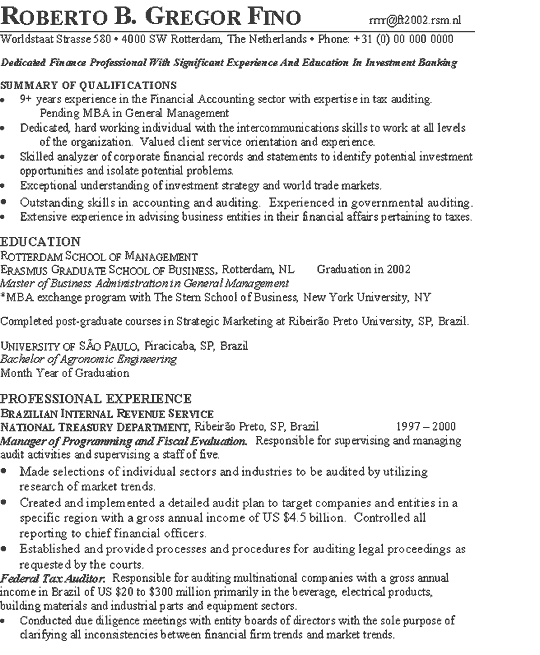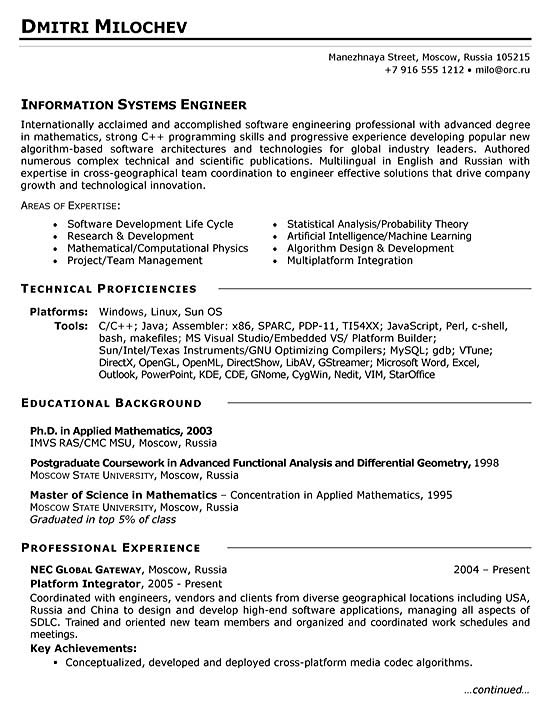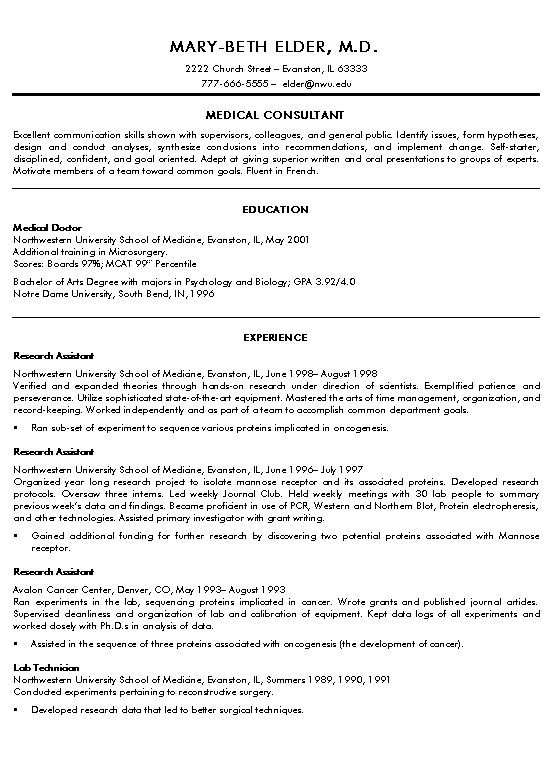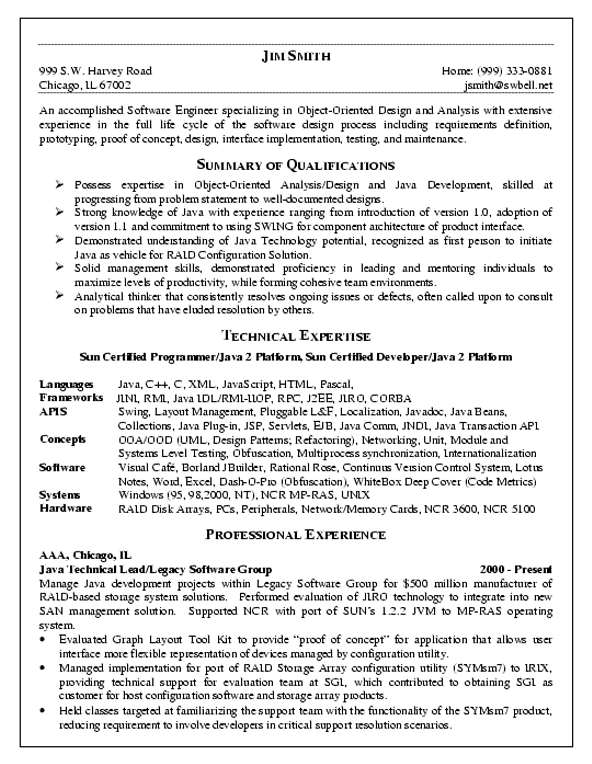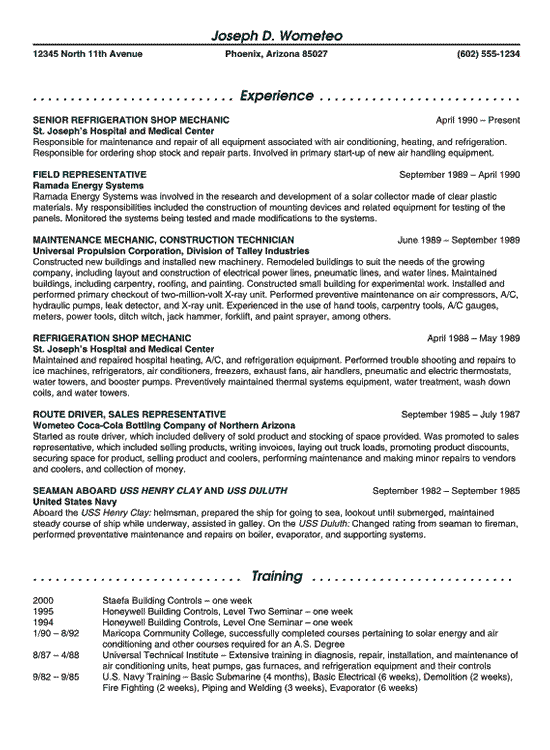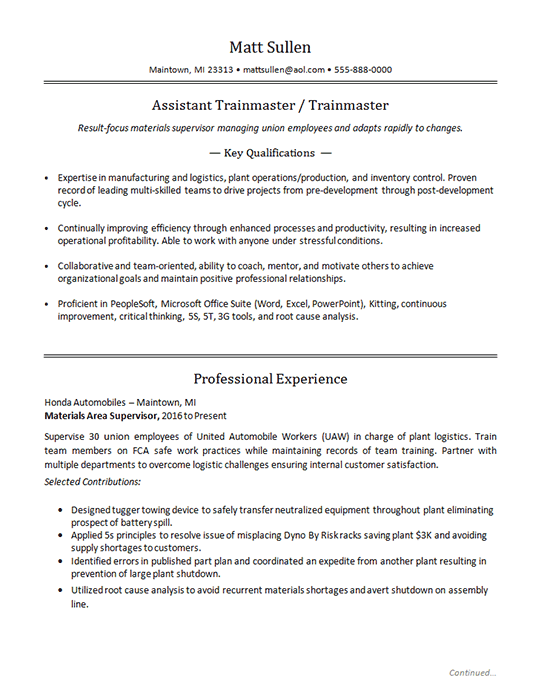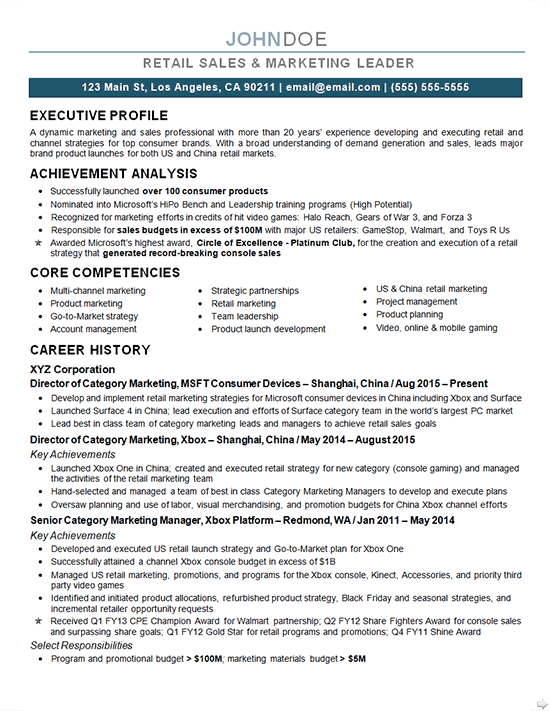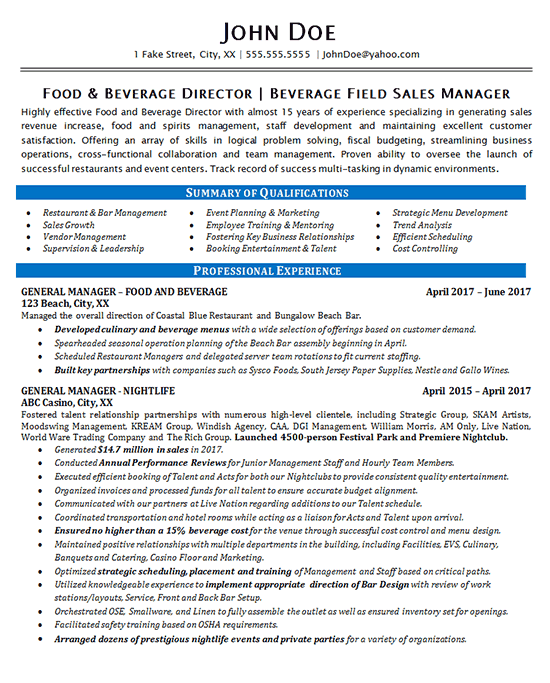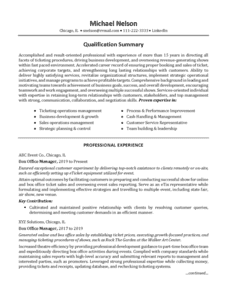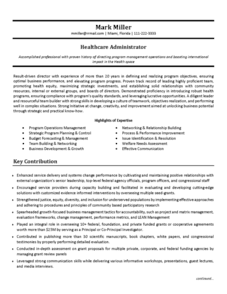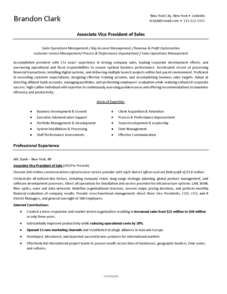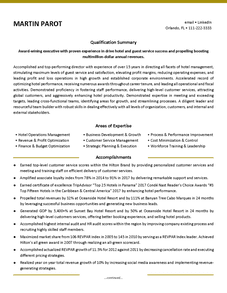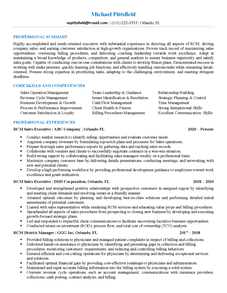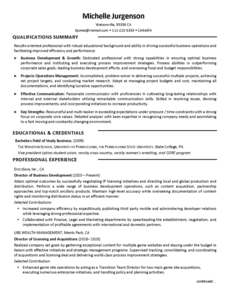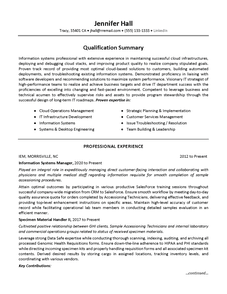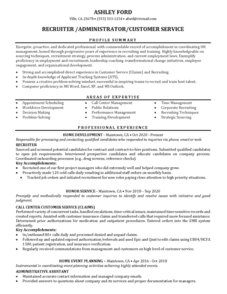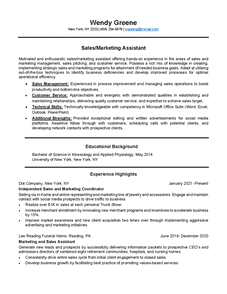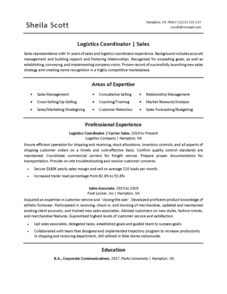This Registered Nurse Resume Example is for an entry level healthcare professional that just completed their training.
A registered nurse’s ability is in their education and qualifications. A properly educated nurse with great bedside manner should shine through a resume like this one.
This resume leaves out fluff and reminds those reading that an RN is a skilled professional that is integral in emergency units. Someone with this specific specialty is very valuable and this quality must be communicated on the resume, as it is a differentiating quality between candidates.
The experience shown in this resume clearly exemplifies the candidate’s ability to work quickly and effectively in a high-pressure environment, which is a quality that is needed across all areas of medicine in any facility or unit. This candidate is looking to move into a full time role upon completion of residency.

Registered Nurse Resume Example
Registered Nurse Resume Example Statements
- Developed effective decision making skills in high pressure environments to provide best possible care for emergency cases within trauma unit.
- Completed day shifts in busy emergency department, tending to diverse illnesses and accident-related injuries,
- Advanced personal understanding of technology in medicine to best report, record and evaluate patient care plans and progress of treatment,
- Collaborated with physicians and nurses in emergency unit through precise communication, mutual objective of proper patient care and shared knowledge of medicine.
- Expanded knowledge within various intensive units including Trauma and Surgical under advisement of highly experienced medical professionals dealing with life or death cases.
- Completed research of analytical data regarding patient response to trauma treatment over a period of time.

